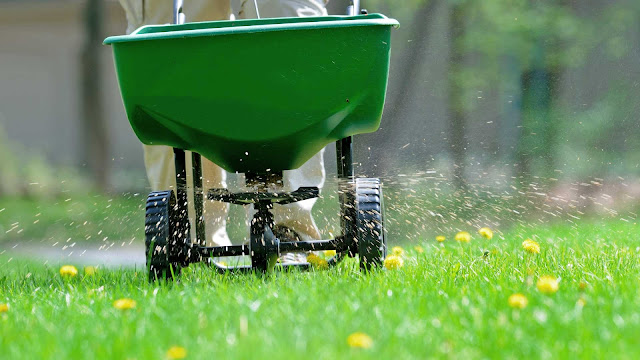
The term "organic gardening" is frequently used to characterize farming practices that utilize few synthetic chemicals. These are the concrete components of a larger philosophy that emphasizes the interconnectedness of all living things and takes a holistic approach to gardening.
Why Gardening organically?
Essential components of the organic gardening approach include preserving natural resources, preventing pollution, and minimizing health risks. The use of manures and fertilizers made exclusively from plant or animal remains is a basic characteristic.
Organic gardening is a tried-and-true method of gardening that eschews certain methods, such the usage of pesticides, which some gardeners find questionable.
Obstacles / Challenges
There are difficulties and issues when garden plants are not given produced inorganic substances:
- Alternative therapies sometimes require more costly or difficult-to-find resources.
- Certain may be less efficient, resulting in a decrease in both yield and quality.
- Some might use methods that not everyone finds visually appealing.
- It takes extra work to get a solid understanding of the needs and life cycles of the allies, foes, and neutral species found in gardens.
- Planning, preparation, and careful maintenance identifying issues before they get out of hand may need more time.
But when all of the conditions that plants need to grow steadily are satisfied—soil preparation, watering, planting or sowing at the right time, and nutrition—damaging attacks by pests, illnesses, and other problems are less common and less destructive.
Consequently, an informed and committed approach is necessary for successful gardening based on organic principles. This is a challenge that many gardeners find worthwhile, or at least a price worth paying to avoid doing things that could be damaging.
Fertility of the soil
Rather than feeding plants directly, organic gardening focuses on feeding the soil, which in turn promotes healthy plant growth. All efforts should be made to increase, maintain, and improve soil fertility, with the exception of certain situations, such as areas meant for the growth of wild flowers.
How to keep your soil rich naturally
- Compost from gardens and other organic manures are the foundation for soil nutrition.
- Utilizing green manuring helps maintain soil fertility and structure while preventing nutrient loss during the winter.
- For crops that are demanding in terms of nutrients, bulky organic manures might not be enough. In these circumstances, additional organic fertilizer might be required.
- Liming is allowed while cultivating organic food.

While not exclusive to organic agriculture, the aforementioned techniques are nonetheless significant components.
Many beneficial soil-dwelling species thrive in undisturbed soil, and organic gardeners frequently favor no-digging since it can preserve soil structure and lessen moisture loss through evaporation, albeit it does need more skill. Digging enables efficient weed control as well as the addition of lime and heavy organic manures.
'Organic' pest and disease management
Certain pest and disease management products made from plant or animal sources are frequently accepted in organic gardening when their use is necessary. These are not harmful to birds or mammals and have a brief duration. By law, even these reasonably safe substances must be used according to the directions on the label.
Weed Control
Although chemical weed killers can make eliminating noxious weed infestations much easier, they should not be used in organic farming.
Options for organic weed control
Perennial weeds can be completely destroyed by cultivation, which includes hoeing, which is a powerful weed killer for annual weeds.
meticulously pulling weeds
In certain areas, including pathways where there is little danger to wildlife or garden plants, flame guns can be useful.
Preventing the spread of seeds is crucial.
Annual weeds are prevented by mulching with thick layers (5-8 cm) of organic matter.
Annual weeds are prevented by black sheeting made of biodegradable materials, while perennial weeds are prevented after at least one growth season. Moreover, ground cover plants can keep weeds away.
It is best to take care of the issue before severe infestations arise, even without the backup plan of strong weed killers.





